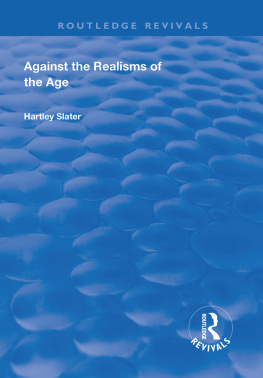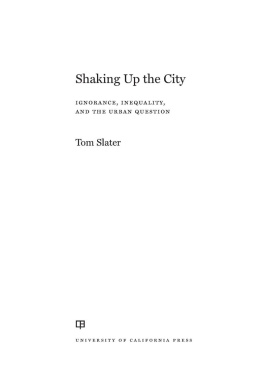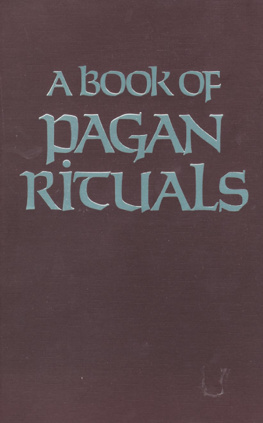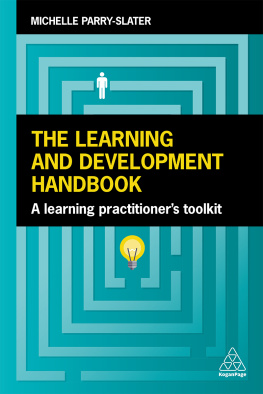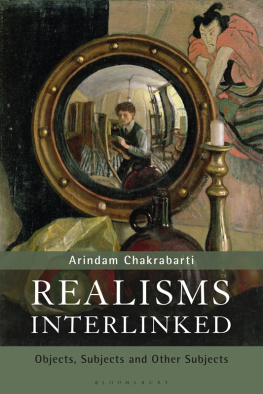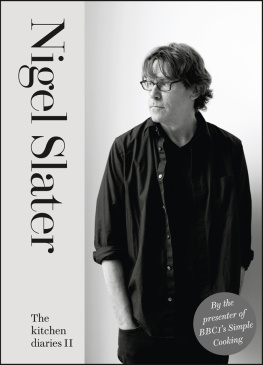This is a book developing some Wittgensteinian themes, but also using, or relying on several mathematical results. The connection itself needs some explaining.
My first degree was in Mathematics, at Cambridge, but I became increasingly interested in Philosophy, and eventually took two further, philosophy degrees, at Kent. I had been influenced greatly by Wittgenstein in my early career, but when I came to Australia, in 1976, and took up teaching a variety of courses in the area of Philosophy of Language (Philosophical Logic, Formal Logic, Philosophy of Mathematics), the Wittgenstein influence started to wane. Maybe that was part of the world-wide trend away from Wittgenstein, which was going on at the time, with the move of the centre of Anglo-Saxon philosophy to the U.S.A., and the growing interest in many thinkers there, notably Quine, Davidson, and Chomsky.
During this period, in 1982, I lighted on two logical systems which seemed to me to illuminate greatly a number of problems which had engaged me they clarified notions like Reference and Fictions, also Belief and Imagination, and propositional attitudes generally. So my divorce from the Wittgensteinian tradition seemed complete. For such a systematisation as these logics provided went well beyond anything the later Wittgenstein ever dreamt of. Indeed he had been of the well-known, open opinion that mathematical logic has completely deformed the thinking of mathematicians and philosophers.
I have come more recently, however, to realize that these two systems giving broadly the propositional and predicate logics of intensional constructions do encapsulate a properly Wittgensteinian point of view. Indeed I believe, now, that they can be used very forcibly to establish that point of view, after the general lapse away from it in recent years. The traditional semantics of the one system, for those interested, is given in Leisenring (1969), Meyer Viol (1995), and Routley (1977); a full discussion of the other is to be found in Hugly and Sayward (1996), see also Williams C.J.F. (1976).
I already have two books on these two systems in print. But they concentrate, very largely, on the logical analysis of certain linguistic structures, and the fine analysis of the two logics themselves, without meeting too many of the broader, discursive philosophical discussions, in the areas of Philosophy of Mind, Cognitive Science, and Philosophy of Mathematics, to which they are related. The present book fills this gap: it takes the intensional logics I have developed in my previous two studies, and uses them to correct and attack a broad range of, largely American thinkers of the present age, who have been tackling certain philosophical problems without the benefit of an appropriate logic, and the firm and final results which are obtainable within it.
Survey of the following chapters
Having established the central relevance of Wittgenstein, and the above intensional logics, to Cognitive Science, in , to deal with three recent specific thinkers in this area, Schiffer, Fodor and Dretske, finding them struggling, or in error, for want of the clarity logic provides. Specifically I show how we must have, for instance, a use account of meaning, a non-causal account of content, and the separation of reasons from causes. That ends us up with a non-realist view of propositional attitudes, somewhat akin to Dennetts.
The related view of phenomenological states I have put in the , reviving certain thinkers of the Wittgensteinian period, and specifically correcting Davidson on mental causation, and the Realists Thomason and Belnap for their views on Branching Time.
The relation between choice and the epsilon calculus is explained in the next chapter, where Edelbergs recent and prominent views on mental objects are attacked. It is there shown that a correct grammatical analysis of propositional attitudes makes all the objects on our minds physical, with only our conceptions of those objects differing. Another two contemporary philosophers of mind are taken to task on related matters, in , which discusses critically Lewis views on de dicto and de se attitudes, also Perrys views on the essential indexical. I show, amongst other things, that there are no de se attitudes, properly so called (because the self is not a physical thing), and contrariwise that all de dicto attitudes are about physical things (i.e. are de re), on account of a central Wittgensteinian thesis regarding externalism, which is now provable. That externalism is what provides us with public access to the objects of propositional attitudes, and was what faced Edelbergs account of mental objects with its major theoretical difficulty. Edelberg wanted to talk about the objects on peoples minds as private items only existing in their separate theories. But by referring to them he himself necessarily makes them public, i.e. objects in anyones theory.
Lewis, Perry and Edelberg are all Realists, and it is Realism in other areas I tackle next, with an inspection of the Situation Semantics tradition, of Barwise, Perry, and Etchemendy, also Zalta and Linsky. We must take an anti-realist view of properties and propositions, unless we are to be illogical, and this has a great bearing on many of Situation Theorys results. I give a more positive account of Situations in the following chapter, , in which I show that the bulk of Zaltas 25 Theorems in Situation Theory, which he takes to define such things, can be obtained quite easily without his ontological baggage.
The remaining three chapters look at Realisms of some other sorts, in other locations. First, in , I re-focus the philosophy of mathematics towards Wittgensteinian concerns, specifically criticising Gdel, Langendoen and Postal, and Katz for their views about infinity; also the generality of thinkers in this area for their continuing interest in meta-mathematics, and Gdels theorems. I mention, in the course of this chapter, some difficulties with Set Theory, which I expand on in the chapter following. Set Theory would seem to have been founded on a grammatical mistake, namely the supposition that numbers are first order properties of certain objects (sets). But as Kessler, in tune with certain remarks of Frege, saw, while certain cards might number 52, the object which includes them, namely the pack of cards in question, also consists in 4 suits. So numbers do not attach to objects absolutely, and must be recognized to be second order properties, specifically second order relations between objects and (first order) properties, like being a card. Maddy and Chihara, amongst others, have had a debate about the reality of sets which is cleared up, in this chapter, once the distinction between first and second order properties is set out. The consequent nature of


